
Our experienced team of attorneys and staff are seasoned in US and global immigration law. They choose to work in this field due to an abiding passion and belief. They hold true that their work is critical in leveraging the best minds for some of the most critical jobs; in enabling dreams and in building a better future for all. This is what drives them and enables them to be the strongest and most effective advocates for our clients.
USILAW’s clients include some of the most recognized Fortune 500 companies, high-growth Information Technology companies, start-ups and small companies with impressive ambitions, high net worth or commercially important persons, and individuals.
It is important for immigration specialists to have domain knowledge of industries from which they draw clients. Our expertise spans multiple verticals and includes companies and organizations in the following industries:
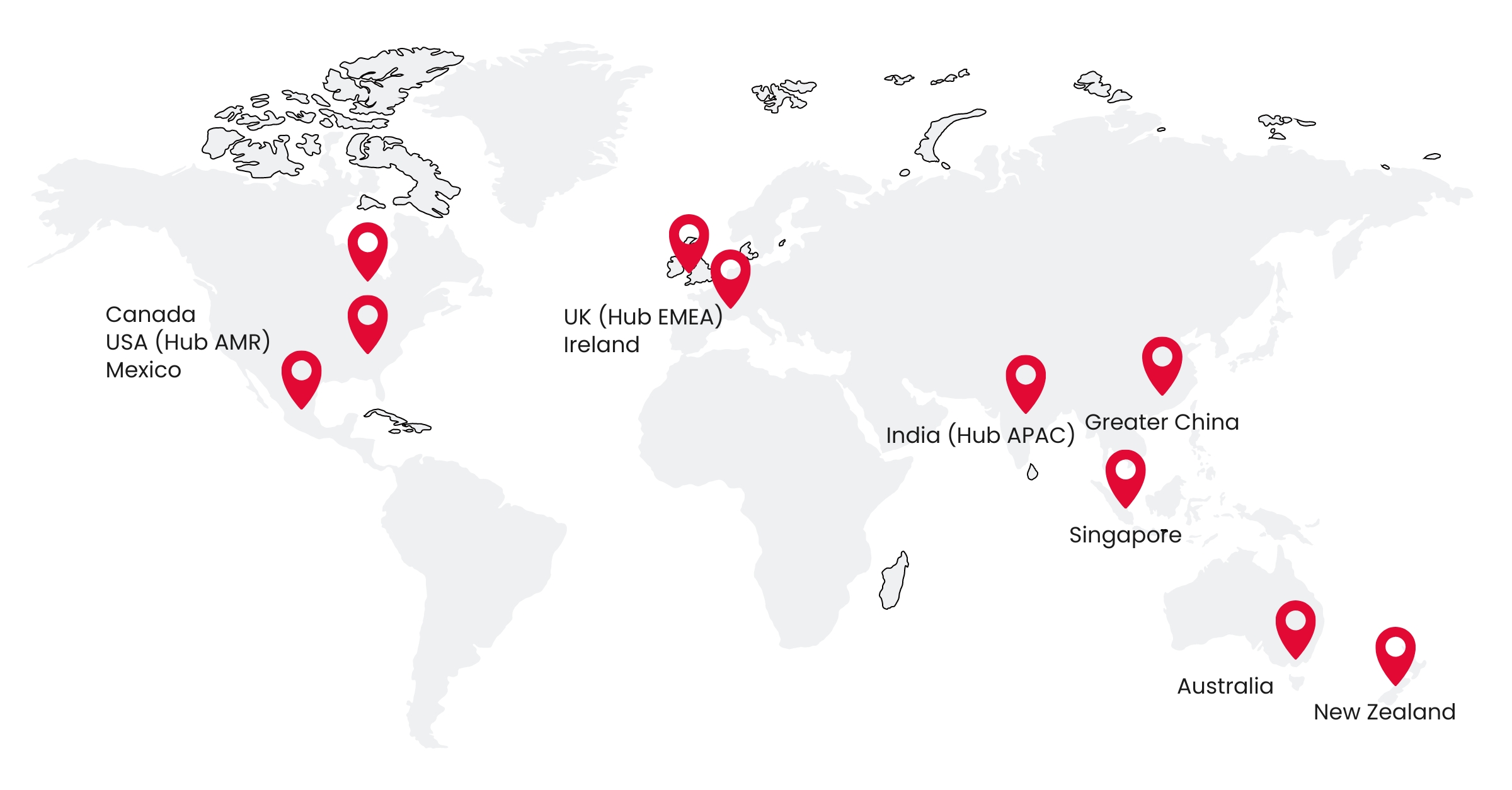
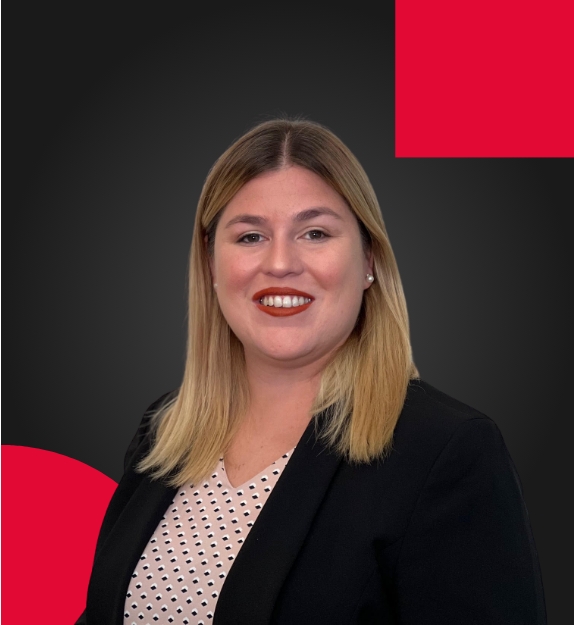
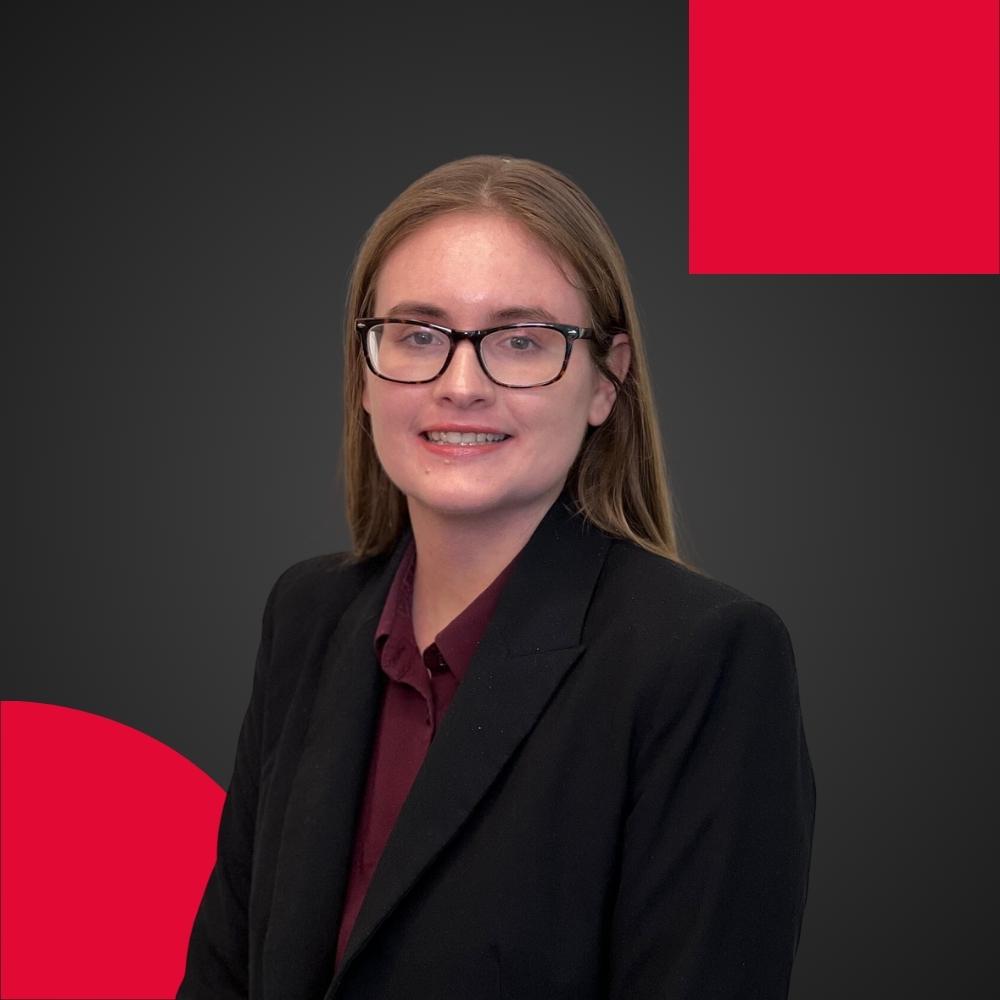


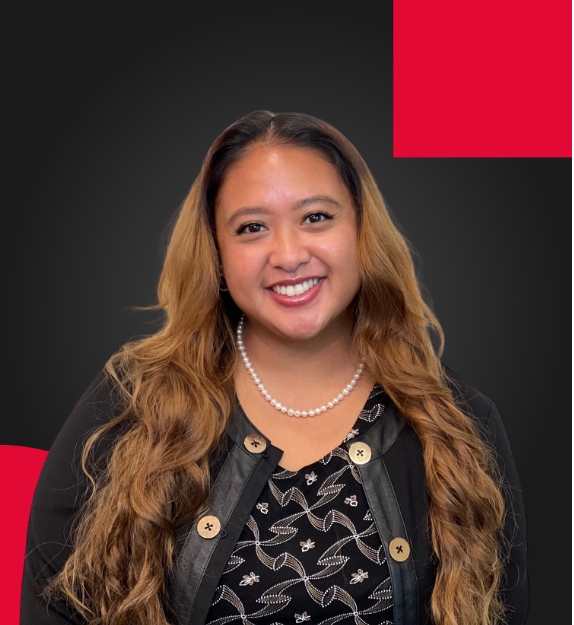

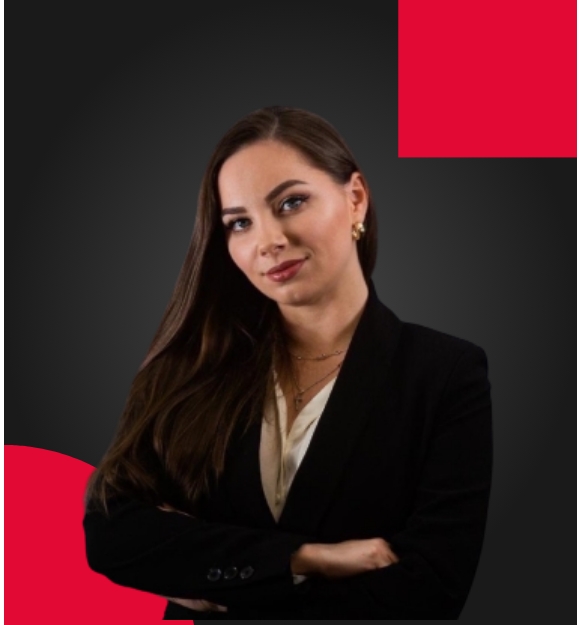


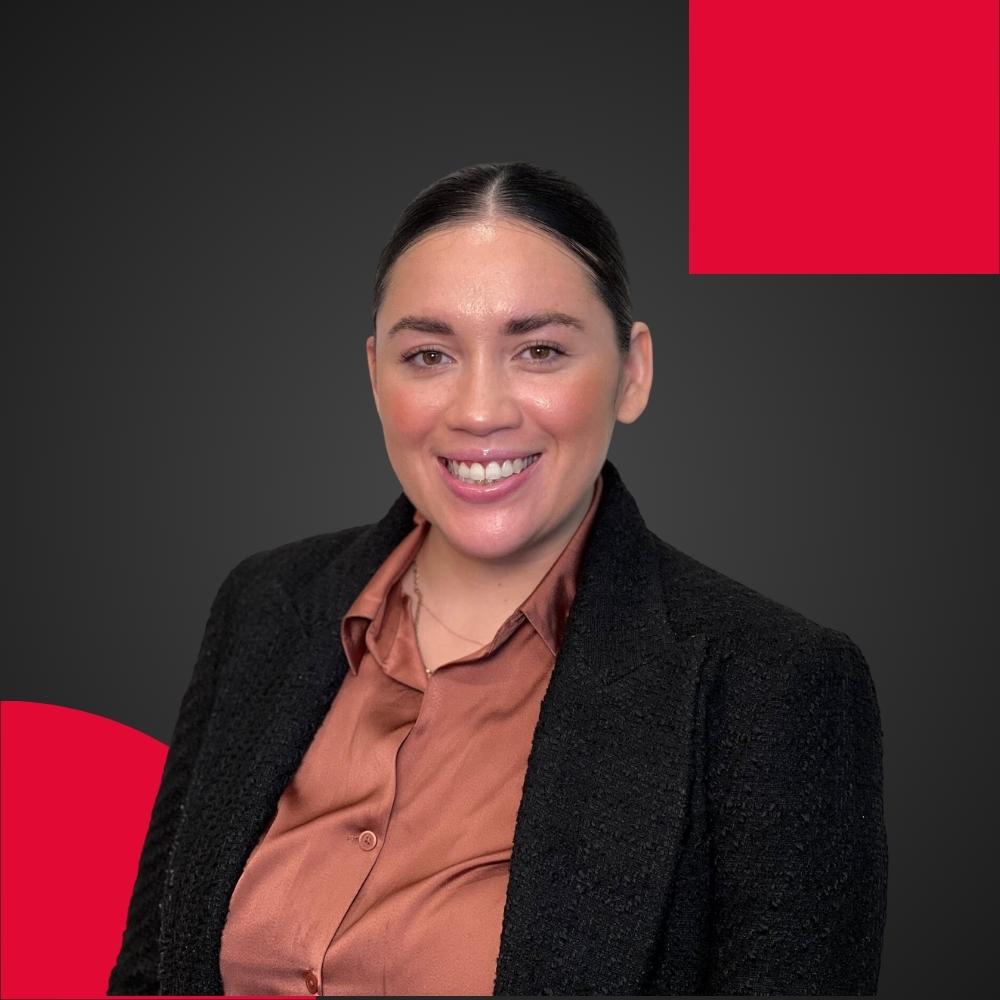

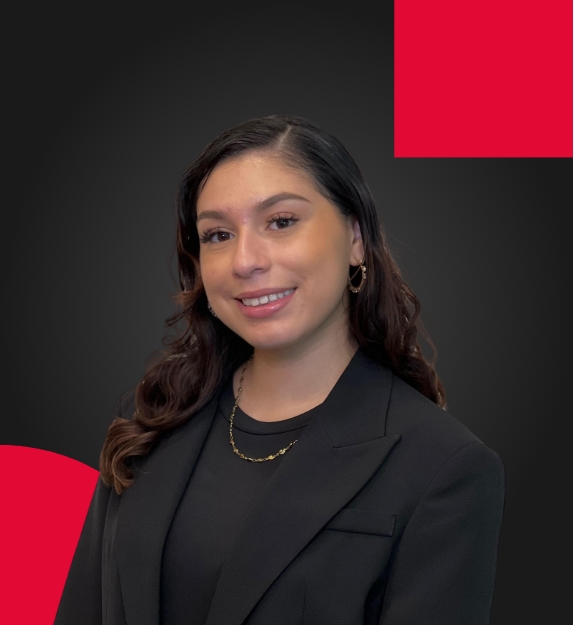
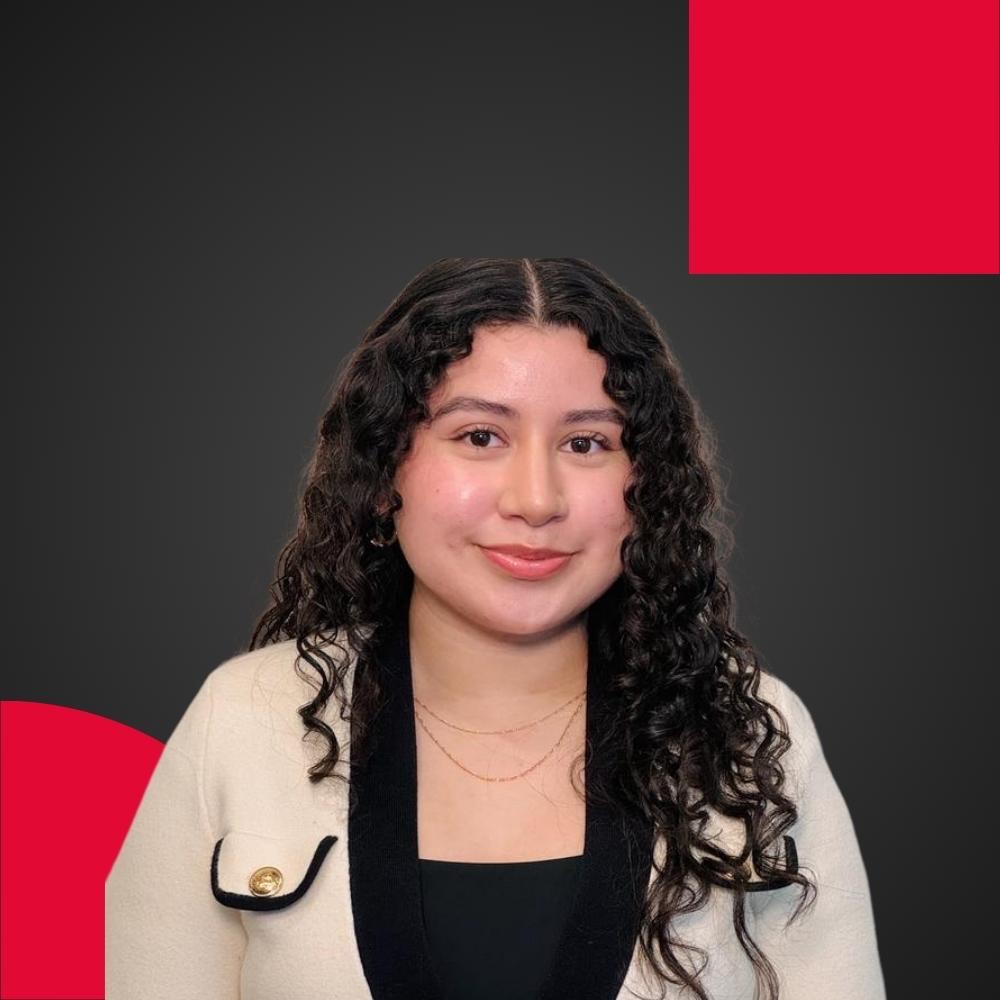
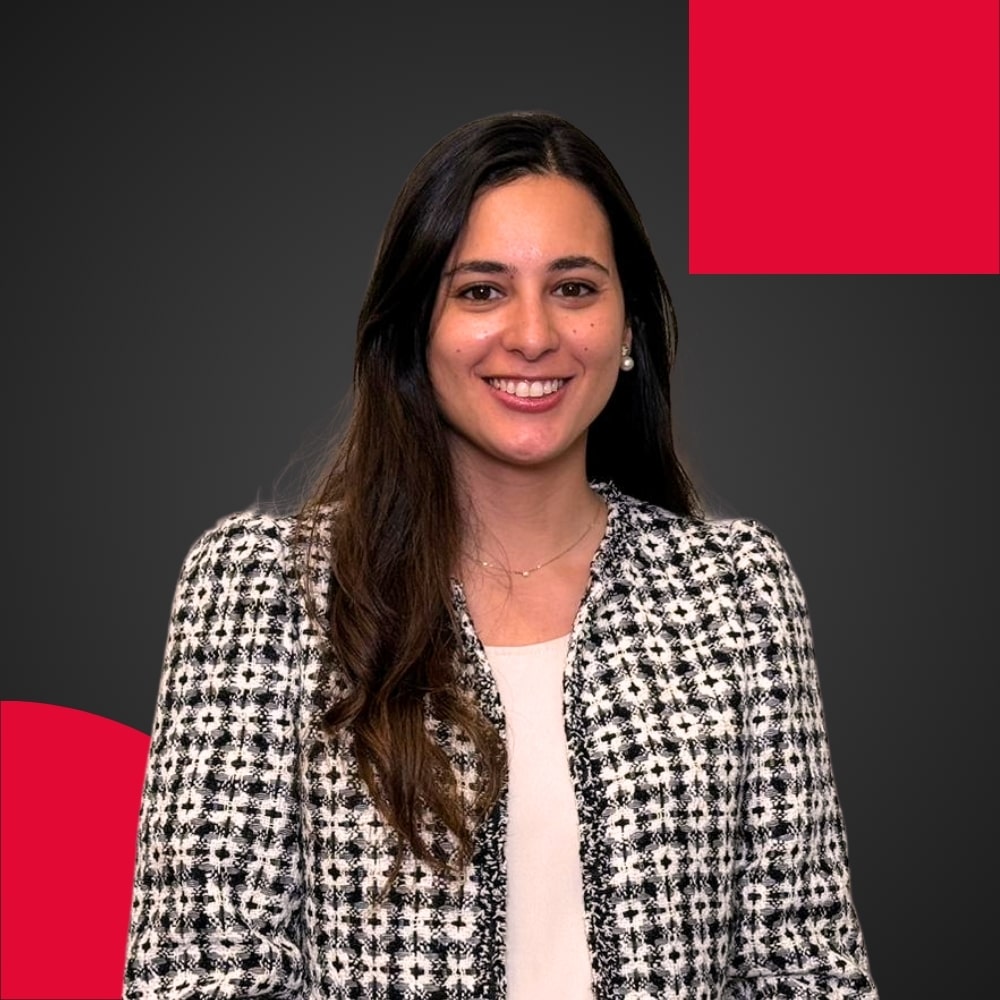








Experience. We were founded in 2003 and in the past 20 years we’ve filed a lot of petitions:
Consistent Results. We deliver high-quality work, and it shows in our approval ratings: over 99% of petitions we file are approved (even during the Trump administration). You can also see what our clients are saying: we have over 210 five-star Google Reviews.
Local Roots, Global Impact. We are located in Bethesda, Maryland, just outside of Washington, D.C. We maintain relationships with embassies from all over the world because connections matter. We also have a global presence with offices and partnerships in India, Canada, South Africa, the United Kingdom, China, Japan, Brazil, Singapore, and Sweden.
Diversity. We are one of the largest female-led immigration firms in the country. Anindita Chowdhury, our founder and Managing Attorney, is also an immigrant herself. She has firsthand experience with the process and knows the anxiety, confusion, and frustration that immigrants face. At USILAW, we work with our clients to ensure that they understand the process, its complexity, the realistic timelines and milestones that light the way forward. Our promise is simple: we will be our clients’ strongest advocate and a trusted partner.
If you have heard of Notarios offering immigration services and you’re wondering why you should hire an Attorney instead of a Notario (or Notary) for your US immigration case, you need to be aware that these are distinct professions and, in the US, a Notario/Notary is not a replacement for an Attorney.
In Latin American countries, Notarios Publicos are highly trained legal professionals similar to attorneys. They provide legal advice to their customers and draft legal documents on their behalf. In most Latin countries, a Notario is a person who studied in college to obtain a law degree and acquired a legal right to provide legal help to others.
In the United States, however, Notary Publics are state-commissioned officials and whose sole purpose is to verify a person’s identity when signing documents. Almost anyone can be a Notary Public. Notary Public licensure does not require any education and it does grant the right to assist people with immigration cases.
Unfortunately, Notario Fraud is common in the US. Many Notarios take advantage of the confusion the Notario job title creates and advertise their services to immigrants in the US. If you hire a Notario for your US immigration case, you will be held responsible for any mistakes the Notario makes. This could result in denial of your immigrant application, and even deportation from the United States.
Check out our Contact Page to get in touch!
Visa consultancy is a service that helps individuals who are relocating internationally to obtain visas and other related immigration documentation. Visa consultants are experts in the legal and regulatory aspects of the foreign country and can advise their clients on the best strategies and products to streamline the relocation process. Their main role is to assist the client in obtaining immigration documentation, ensuring that clients are compliant with the requirements of the foreign country and avoid any legal issues that may occur in relation to the relocation.
If your visa is rejected, you should:
